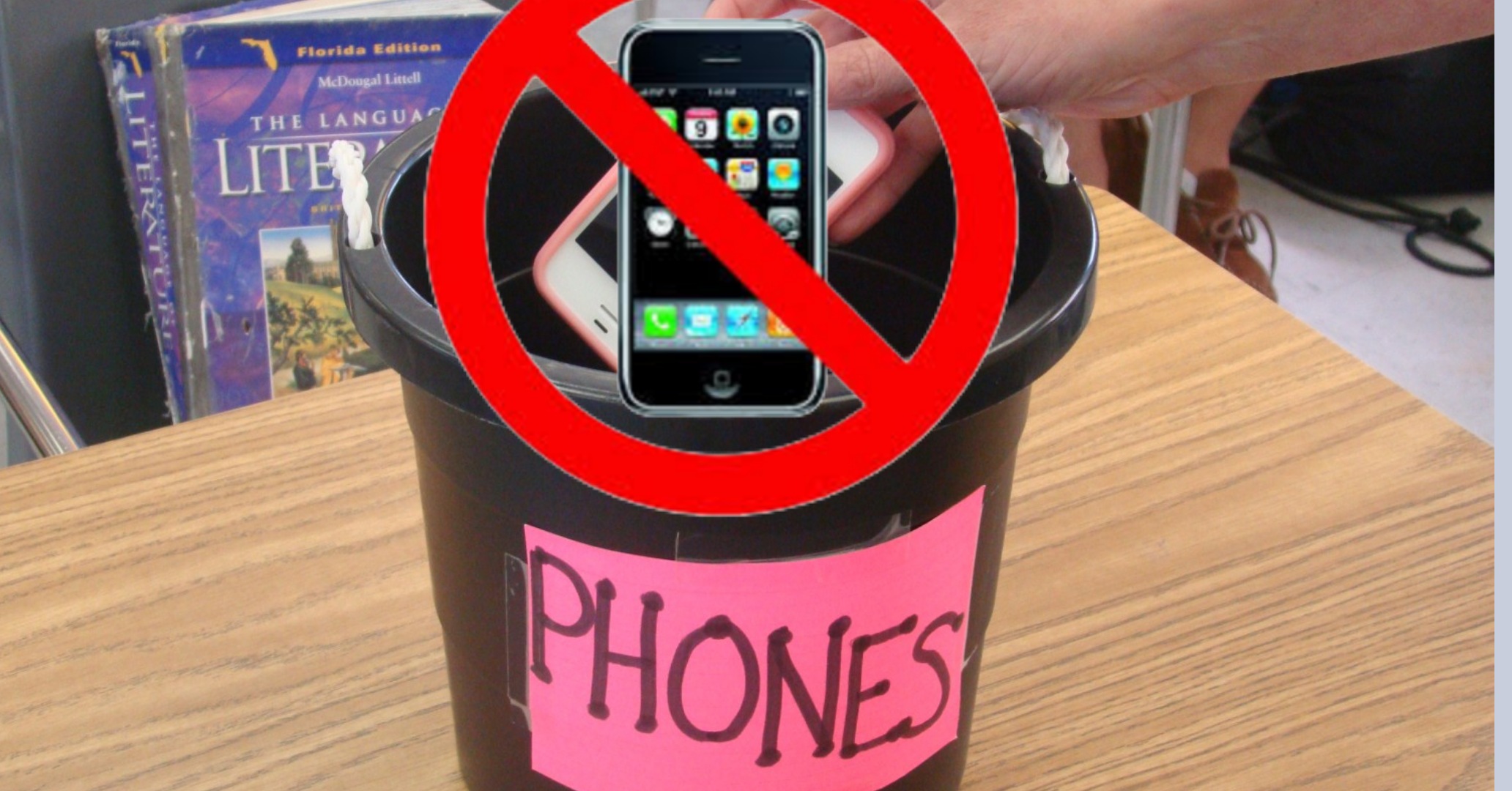
UN has warned about the risks of smartphones in schools, saying “only learning aids” deserve to be in schools.
According to Unesco, the United Nations educational, scientific and cultural agency, mobile devices can be distracting, jeopardize student privacy and lead to cyberbullying.
But fewer than one in four countries have a law or policy banning phones in schools, the report found.
In the UK, school leaders set the rules, but restrictions apply in most schools.
Antoninis said that students should not be completely protected from technology, but that countries should provide better guidance on what types of technology should be allowed in schools. Several studies have shown that banning cell phones in schools improves academic performance, the report notes.
Lexi, 16, said her former principal allowed the use of phones in school but said students often use them for social media instead.
She argues that while smartphones can be used to intimidate, they can also help create a sense of connection.
“I can see how a phone can have a detrimental effect on the person being bullied and their mental health. But, speaking of mental health, the phone can provide a social connection. Good. “If you’re having trouble with anything, you should have the right to talk to someone,” she told the BBC.
In 2021, then Education Secretary Gavin Williamson called for mobile phones to be banned in UK schools, but current Department for Education (DfE) guidance says principals have the power to decide if can use cell phones during the school day.
However, he warned that allowing mobile access in schools could pose risks, including distraction, disruption, intimidation and abuse, and could be detrimental to learning.
“Principals should consider restricting or banning cell phone use to reduce these risks,” the DfE guidance states.
In June, a parent association from eight primary schools in Ireland introduced a voluntary ban on smartphones for children at home or at school, BBC Newsround reported. Speaking to Newsround, a 14-year-old boy – who just received his first phone – said giving phones to 8-year-olds was “ridiculous”.
“Some parents put restrictions on phones, but some don’t – and then they can see things that really don’t fit.”
But others countered that cell phones were useful for communicating with parents, saying the ban on home use was excessive.
In 2017, Bangladesh banned schoolchildren, university students and teachers from bringing mobile phones into the classroom.
France also has a ban, but there are exceptions for certain groups of students, for example people with disabilities or when using smartphones to teach.
And next year, the Netherlands will largely ban mobile phones, tablets and smart watches in high school classrooms. However, Sarah Hannafin, policy officer for the NAHT principals association, said the cell phone ban might work for some schools, but in others it could cause more problems. is that it “will work,” leading students to become more secretive about their phone use. over the phone, meaning problems are hidden from employees and therefore harder to detect and resolve.”
“There are also practical reasons why students might need cell phones, such as when going to and from school.”
Schools, she said, have helped prepare young people for the outside world, including managing time using electronic devices.
“Individual schools know their students and communities and are therefore the best place to develop their own cell phone policy.
